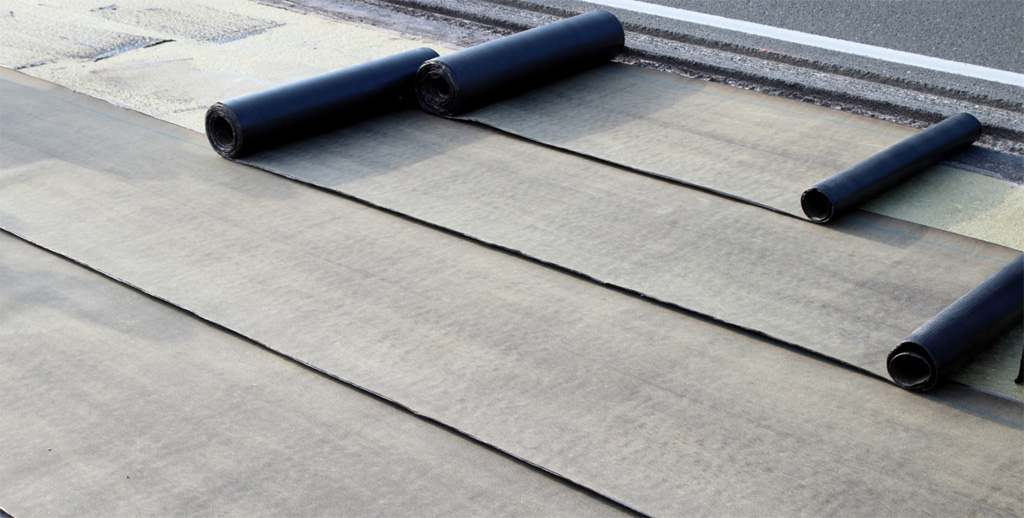Commercial Roofing Systems

Commercial roofing systems represent a variety of styles and materials; depending on the type of building, the local climate, the total budget, and many other factors, the type of commercial roofing system can vary widely. Choosing the right roof for a commercial building is imperative to the long-term sustainability of the structure. Not only does the integrity of the commercial roofing system depend on careful consideration of the needs of the building and environmental impacts, so too does the integrity of the building under which the roof provides structure. Let’s take a closer look at the most common commercial roofing systems, the materials used in their construction, and some of their most important characteristics.
Built-up Roofing
Built-up roofing is also known as a tar and gravel roof and it features several layers of roofing asphalt and asphalt felts. These layers create a flexible, weatherproof commercial roofing system that can be adapted to most climates and budgets. Indeed, depending on environmental factors and your budget, built-up roofing systems can be constructed with more or fewer layers. These roofs are typically constructed on low-slope roofs and they represent affordable durability for commercial roofing systems.
Modified Bitumen Roofing
Another commercial roofing system that features asphalt-based materials, modified bitumen roofing is likewise appropriate for low-slope or flat roofing structures. Similar to built-up roofing, these systems are affordable and highly durable – standing up to even the most extreme environmental conditions. Additionally, modified bitumen commercial roofing systems are easy and affordable to maintain.
Ethylene Propylene Diene Monomer (EPDM) Roofing
EPDM is a rubber roofing system applied to low-slope commercial buildings. They are highly durable to various weather systems, especially wind as they feature uplift resistance and advanced flexibility. Sometimes known as thermoset roof membranes, these roofs are easy to install, maintain, and repair while offering many advantages to other commercial roofing systems including resistance to solvents, a reflective surface to reduce cooling costs, and exceptional durability in cold temperatures.
Poly Vinyl Chloride (PVC) Roofing
PVC roofs are known for excellent weather resistance combined with being lightweight and reflective. PVC roofs not only resist damage from UV rays, they are also highly resistant to punctures, tears, chemical damage, and bacterial growth. Commercially, PVC roofs are a great choice for buildings with restaurants as they stand up well to oils released through HVAC systems.
Green Roofing
Finally, in the latter part of the 20th century and through the beginning of the 21st century, green roofing is becoming one of the favoured commercial roofing systems. Though installation is specialized and somewhat expensive, these roofs are sustainable, offer superior energy efficiency, and are aesthetically very pleasing.
When it comes to commercial roofing systems, there are many other options available. If you’re wondering about which system is best for you and your business, consult a roofing professional with a proven track record of installing, maintaining, and repairing commercial roofing systems in your area.

